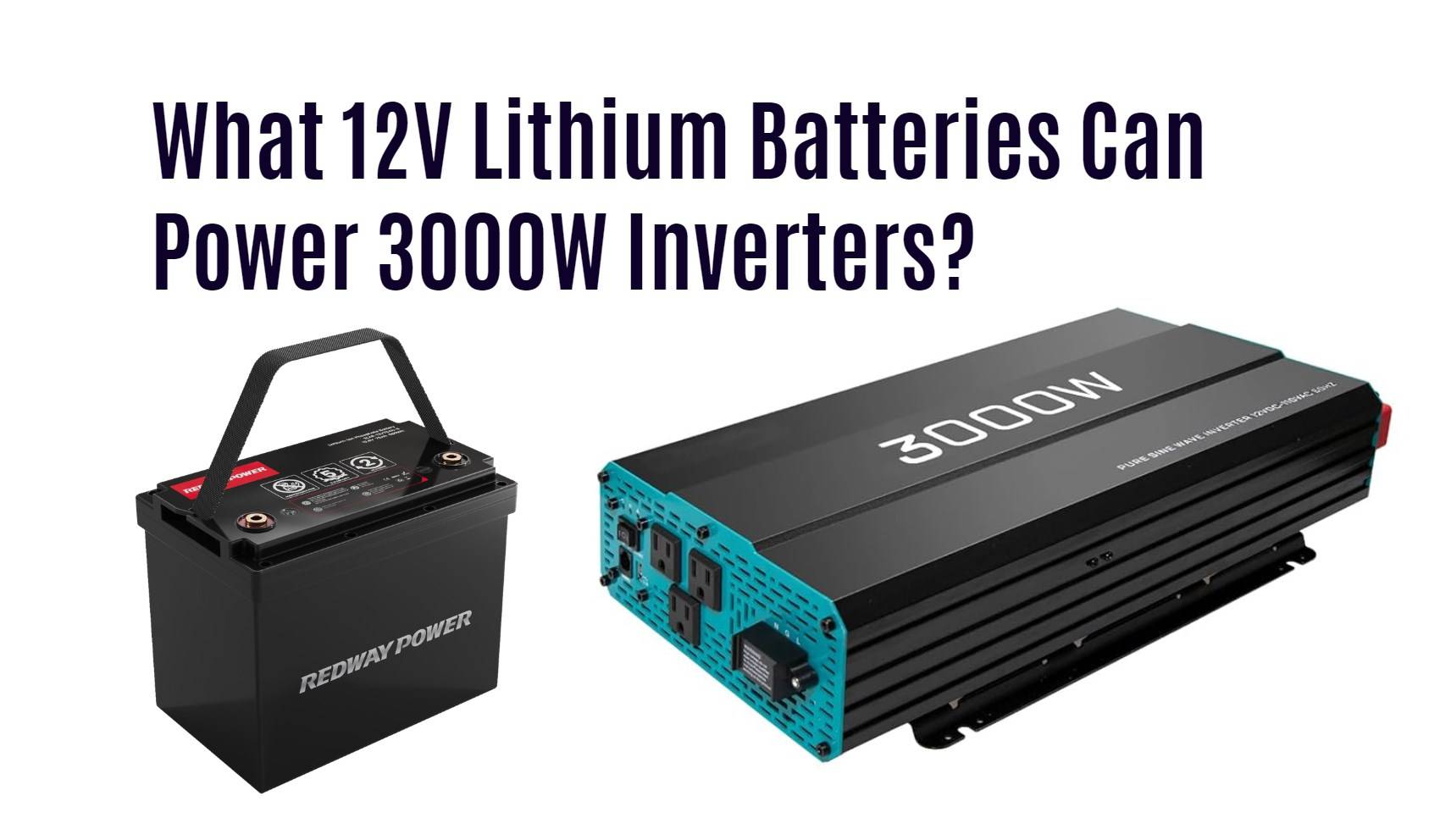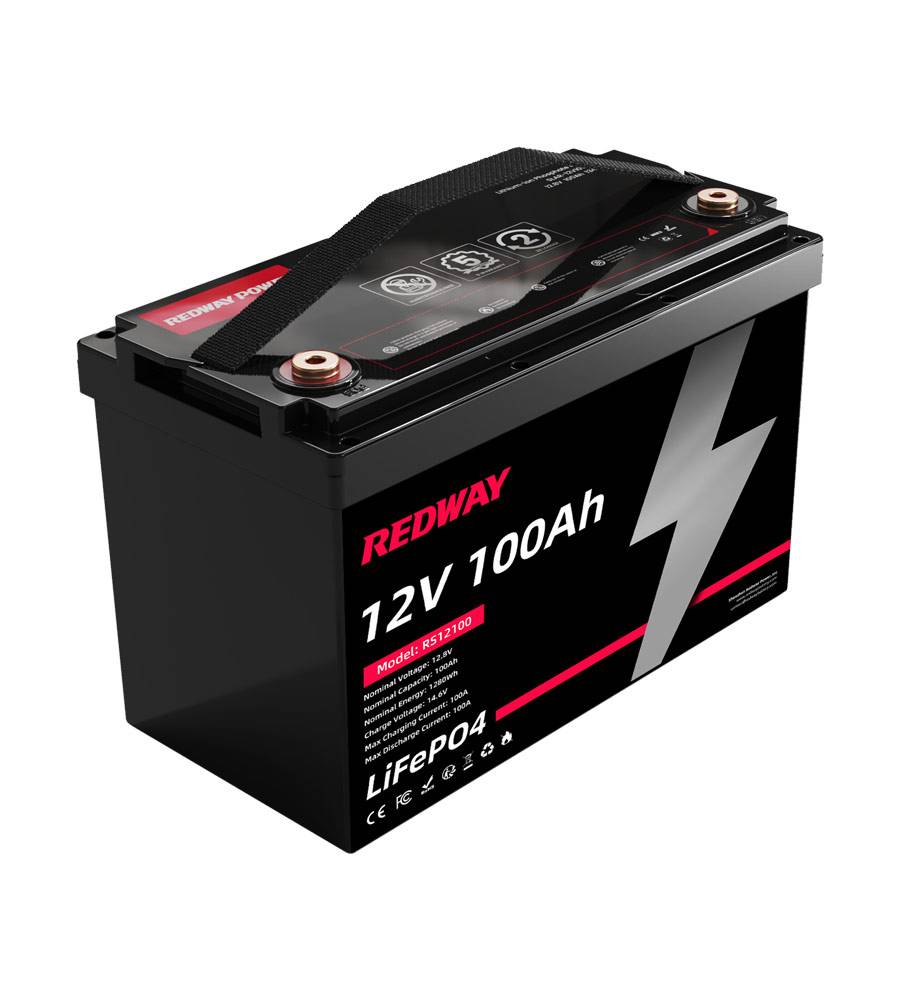When aiming to power a 3000W inverter, selecting the right battery configuration is paramount. This comprehensive guide will delve into the intricacies of utilizing 12V lithium batteries to achieve optimal performance. Understanding these configurations and capacities is essential for battery component distributors to provide the best solutions to their customers.
Understanding Inverter Power Requirements
A 3000W inverter requires a significant amount of power to operate efficiently. The choice between lithium and lead-acid batteries affects the overall setup, performance, and convenience of your power system. Let’s explore the available options and their respective configurations.
12V Lithium Battery Configurations for 3000W Inverters
Option 1: Series Connection of Lithium Batteries
For a 3000W inverter, the most efficient configuration involves connecting four 12V lithium batteries in series. This setup increases the voltage while maintaining the current capacity, resulting in a robust and efficient power supply.
Advantages:
- Compact and Lightweight: Lithium batteries are known for their high energy density, making them significantly lighter and smaller than lead-acid batteries.
- High Efficiency: Lithium batteries offer superior efficiency, delivering more usable energy per charge cycle.
Option 2: Lead-Acid Battery Configuration
Alternatively, a 3000W inverter can be powered using twelve lead-acid batteries. These should be connected in four series strings, each consisting of three batteries connected in series. These series strings are then connected in parallel.
Determining Battery Capacity for a 3000W Inverter
The capacity of your battery system determines how long it can sustain the inverter’s operation. For a 3000W inverter, a 12V 250Ah lithium battery is a recommended choice. This configuration can handle the inverter’s load for approximately one hour at full power. To extend the runtime, increase the battery capacity proportionately.
Key Considerations:
- Inverter Efficiency: The efficiency of the inverter affects the total runtime. Higher efficiency inverters draw less power from the batteries.
- Discharge Rate: Lithium batteries generally offer better discharge rates compared to lead-acid batteries, ensuring consistent performance.
Critical Factors to Consider
Load Requirements
Understanding the specific load requirements is crucial. If the inverter operates at lower loads, such as running a 2400W induction hob for short periods, you can optimize the battery capacity to match these needs, thereby enhancing efficiency and runtime.
Safety Precautions
When dealing with battery systems, particularly when mixing different chemistries like lithium and lead-acid, adhering to safety guidelines is vital. Always consult the manufacturer’s recommendations and employ appropriate battery management systems to ensure safe operation.
Frequently Asked Questions (FAQs)
Are lithium batteries more suitable for portable applications?
Yes, due to their compactness and lightweight nature, lithium batteries are ideal for portable systems where space and weight constraints are significant factors.
How do lead-acid batteries compare to lithium batteries in terms of weight and size?
Lead-acid batteries are generally heavier and bulkier compared to lithium batteries. However, they remain a viable option where cost-effectiveness and specific performance requirements are prioritized.
Can the battery capacity be adjusted based on the load requirements?
Absolutely. Battery capacity should be tailored to the specific load requirements to optimize efficiency and ensure appropriate runtime for the inverter.
What precautions should be taken when connecting different battery chemistries in parallel?
When connecting different battery chemistries, ensure strict adherence to safety protocols. Always use appropriate battery management systems and follow the manufacturer’s guidelines to prevent compatibility issues and ensure safe operation.
Conclusion
Choosing the right batteries for a 3000W inverter is crucial for achieving reliable and efficient performance. By understanding the available configurations, such as using 12V lithium batteries in series or lead-acid batteries in series and parallel setups, distributors can offer optimal solutions. Our expertise and high-quality LiFePO4 batteries provide competitive advantages in terms of price, quality, supply reliability, and after-sales service.




